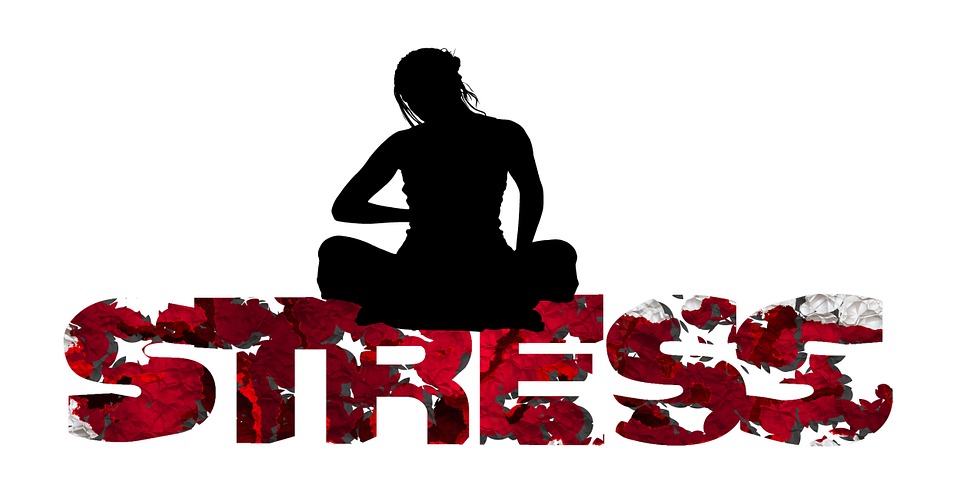How can I afford to see a therapist?
Mental health isn’t in my budget.
Professional services are so expensive, I’m already drained.

Life. Is. Hard. We get it. Each year one in five women compared with one in eight men have a mental disorder, such as depression, post-traumatic stress disorder (PTSD), or an eating disorder. Over a quarter (26%) of young women aged between 16–24 years old report having a common mental health problem in any given week.
If you want or need to talk with a mental health professional, the last thing you need to be worrying about is how they are going to get paid. If the cost of care is an added stress, you do have options.
Low-cost therapy may be available online, or through social services, nonprofits, and universities, while some platforms offer financial aid or sliding scales.
Crisis, Suicide, and Prevention Hotlines
Sometimes time is of the essence. Time is ALL that matters. Make the call. Get the care.
- 988 Suicide and Crisis Lifeline; Available 24 hours in English and Spanish
- Answered by the LIFELINE: 1-800-SUICIDE
- Teen Line: 1-800-TLC-TEEN(teen-to-teen helpline)
- The Trevor Project: 1-866-488-7386 (24/7 crisis intervention and suicide prevention services to LGBTQ youth (ages 13-24))
- Panic disorder info hotline: 1-800-64-PANIC
- Trans Lifeline: 1-877-565-8860 (peer support hotline)
- Veterans Crisis Line: 1-800-273-8255 and Press 1
- Families facing mental or substance use disorders: 1-800-662-HELP
- Addiction Resource Rehab Helpline: 1-888-459-5511
- Disaster Distress Helpline: 1-800-985-5990
- National Domestic Violence Hotline: 1-800-799-SAFE
- National Sexual Assault Hotline: 1-800-656-HOPE
Community Resources
If you are unsure where to start with receiving mental health or substance use services, you can speak with your family doctor, clergy, or community health center for more information. You can learn more on your own through free webinars offered through Mental Health KC.
According to the Mayo Clinic, it’s often difficult to distinguish typical mental health from mental illness because there’s no easy test to show if something’s wrong. Mental health conditions are diagnosed and treated based on signs and symptoms, as well as on how much the condition affects your daily life. Each mental health condition has its own set of signs and symptoms. In general, however, professional help may be warranted if you or a loved one experiences:
- Marked change in personality, eating or sleeping patterns
- Inability to cope with problems or daily activities
- Strange or grandiose ideas
- Excessive anxiety
- Prolonged depression or apathy
- Thinking or talking about suicide
- Substance abuse
- Extreme mood swings or excessive anger, hostility or violent behavior

Many people who have mental health conditions consider their signs and symptoms a normal part of life or avoid treatment out of shame or fear. If you’re concerned about your mental health or a loved one’s mental health, don’t hesitate to seek advice. Consult your family doctor, make an appointment with a counselor or psychologist, or encourage your loved one to seek help. With appropriate support, you can identify mental health conditions and explore treatment options, such as medications or counseling.
In Johnson County, the Mental Health Center offers a wide range of health and substance use services:
- Mental health services
- Emergency services
- Substance use
- Psychiatric medication services
- Pharmacy services
- Prevention services
- Deaf services
- Outpatient treatment
Online Mental Health Treatment
You may decide to find care online to try and avoid cost, facing people right away or leaving your home.
Part of the Substance Abuse and Mental Health Services Administration, FindTreatment.gov is a website that allows you to search for sliding scale therapists and addiction treatment options who practice in cities across the nation. Rates will be determined by your income. There’s also an option to search for free services. You can also call them at 800-662-HELP (4357).
- Free
- Best for finding treatment for addiction within your budget
- Available online and phone
- Isn’t therapy, but helps you find mental health professionals within your budget
The Crisis Text Line is a free service available to anyone who is experiencing a mental health crisis. This can include feeling like you need or want to talk with someone about something that’s causing you stress, anxiety, or discomfort, or if you’re contemplating self-harm or having suicidal thoughts. Crisis Text Line responders are all volunteers, which means they’re not mental health professionals. They can’t offer medical advice, but they are trained to listen, support you, and possibly provide advice and help you feel calmer.
- Free
- Best for mental health emergencies or crisis when you want to talk with someone via text or chat
- Text HOME to 741741
- Use the chat on their website
- Use WhatsApp on your phone
Lists specialized support group resources on their webpage. If you or a loved one has recently been diagnosed with a health condition, like cancer or diabetes, hospital social workers can also provide a list of support groups in the community. Specialized support groups available on the Mental Health America website cover a wide range of conditions and illnesses, from caretakers to people with ADHD.
- Free
- Best for finding support through community
- Does not offer direct therapy
In-Network Professional
If you have health insurance, call your insurance provider to find out whether they cover mental health services. If they do, ask for the contact information of local service providers who accept your insurance plan.
Many online therapy services take insurance, but it’s important to double-check and ask if everything is covered or if there are copay and deductible amounts.
If you need support for a specific condition, ask for professionals who treat that condition. Your insurance plan may allow you to work with a mental health expert who’s out of network, but at a higher cost.
Employee Assistance Programs (EAP)
It is possible that your employer offers services for free. Ask. This is typically a voluntary program that the workplace has set up. Employers understand that your emotional state affects your employment status. They may provide services for:
- Grief
- Depression
- Trauma
- Alcohol or substance abuse
- Stress
Additional Resources
Local colleges and universities have clinicians-in-training that offer reduced rates.
Income based services in the area, you will find free or low-cost mental health service. There are therapists that charge on a sliding scale.
The benefit will far outweigh all costs in the long run if you take care of your mental health. YOU ARE WORTH IT!

